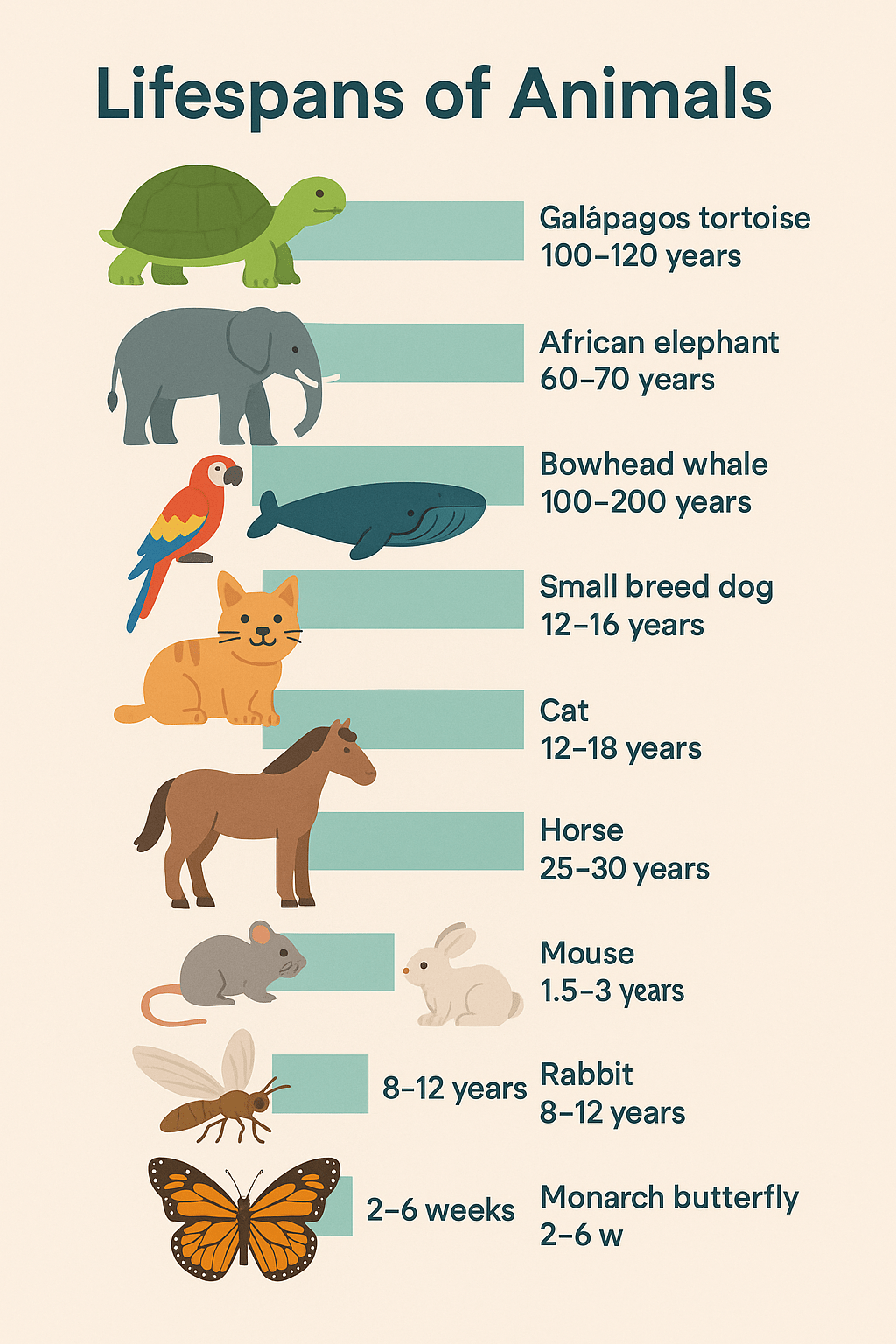
Accelerating Your Corporate Career: Essential Soft Skills for Success

In today’s fast-paced corporate world, technical skills and expertise are essential but not sufficient for rapid career advancement. To truly stand out and fast-track your career, mastering a set of soft skills is crucial. These skills not only enhance your professional capabilities but also improve your interactions and relationships within the workplace, leading to greater opportunities and success.
1. Effective Communication
Why It Matters: Clear and concise communication is the cornerstone of any successful corporate career. Whether it’s presenting ideas to management, collaborating with team members, or networking with clients, the ability to convey information effectively is vital.
Scenario: Imagine you’re in a meeting, pitching a new project idea. Your ability to articulate the benefits, answer questions confidently, and persuade your audience can make the difference between your project being approved or shelved.
Stats: According to a 2020 survey by LinkedIn, 92% of hiring managers said that soft skills are as important, if not more important, than hard skills. Among these, communication skills were ranked the highest.
2. Emotional Intelligence (EQ)
Why It Matters: Emotional intelligence, or the ability to understand and manage your own emotions as well as empathize with others, is crucial for building strong relationships and leading teams effectively.
Scenario: Consider a situation where a team member is struggling with their workload. By recognizing their stress and offering support or a solution, you not only help the individual but also foster a positive team environment.
Stats: Research by TalentSmart found that EQ is responsible for 58% of performance in all types of jobs and that 90% of top performers have high emotional intelligence.
3. Adaptability
Why It Matters: The corporate landscape is constantly evolving. Being adaptable means you can handle change, overcome challenges, and thrive in dynamic environments.
Scenario: When a company undergoes restructuring, employees who adapt quickly to new roles, processes, and technologies demonstrate their value and resilience, often leading to career advancement opportunities.
Stats: A study by the World Economic Forum identified adaptability and flexibility as two of the most important skills needed for future jobs, highlighting their growing importance in the corporate world.
4. Problem-Solving
Why It Matters: Problem-solving skills enable you to identify issues, analyze situations, and develop effective solutions, which are highly valued in any corporate setting.
Scenario: If a major client project is at risk due to unforeseen complications, your ability to quickly assess the situation, come up with a contingency plan, and implement it can save the project and demonstrate your leadership capabilities.
Stats: According to a report by McKinsey, employees who are strong problem-solvers are 2.5 times more likely to be high performers in their roles.
5. Leadership
Why It Matters: Leadership is not just about managing a team; it’s about inspiring, motivating, and guiding others towards achieving common goals.
Scenario: Leading a cross-functional team on a major project, your ability to delegate tasks, mediate conflicts, and keep everyone focused on the end goal can result in successful project completion and showcase your leadership potential.
Stats: The Center for Creative Leadership found that 77% of organizations report experiencing leadership gaps, emphasizing the demand for effective leaders.
6. Time Management
Why It Matters: Efficient time management allows you to prioritize tasks, meet deadlines, and maintain a high level of productivity, all of which are critical for career progression.
Scenario: Juggling multiple high-priority projects requires you to allocate your time wisely, ensuring that each task receives the attention it needs without compromising on quality or deadlines.
Stats: A study by Harvard Business Review revealed that employees who excel at time management are 23% more productive than those who don’t.
7. Networking
Why It Matters: Building a strong professional network can open doors to new opportunities, provide valuable insights, and offer support throughout your career.
Scenario: Attending industry conferences and networking events can help you connect with influential people who can offer mentorship, job referrals, or collaborative opportunities.
Stats: According to a survey by LinkedIn, 85% of all jobs are filled through networking, underscoring its critical role in career advancement.
Conclusion
Incorporating these soft skills into your professional repertoire can significantly impact your career trajectory. Effective communication, emotional intelligence, adaptability, problem-solving, leadership, time management, and networking are not just desirable traits; they are essential for success in the corporate world.
Hello, I am Aman (: Full Time Traveler :) At the age of 41, in April 2023, fueled by my love for travel and the determination not to remain fixed like a tree, I embarked on a bold journey. Having dedicated 17 years to a corporate job, I chose to transition from a full-time employee to a full-time traveler, driven by the desire to break free from the routine and constraints of a conventional life. Along the way, I not only explored the wonders of travel but also uncovered the transformative power of financial freedom. I realized how it could liberate me to lead a life teeming with adventure, purpose, and fulfillment. Through my blogs, I am passionately sharing my story, aiming to inspire and provide valuable guidance to those, like me, who aspire to weave travel into a life overflowing with limitless possibilities.






















Post Comment
You must be logged in to post a comment.